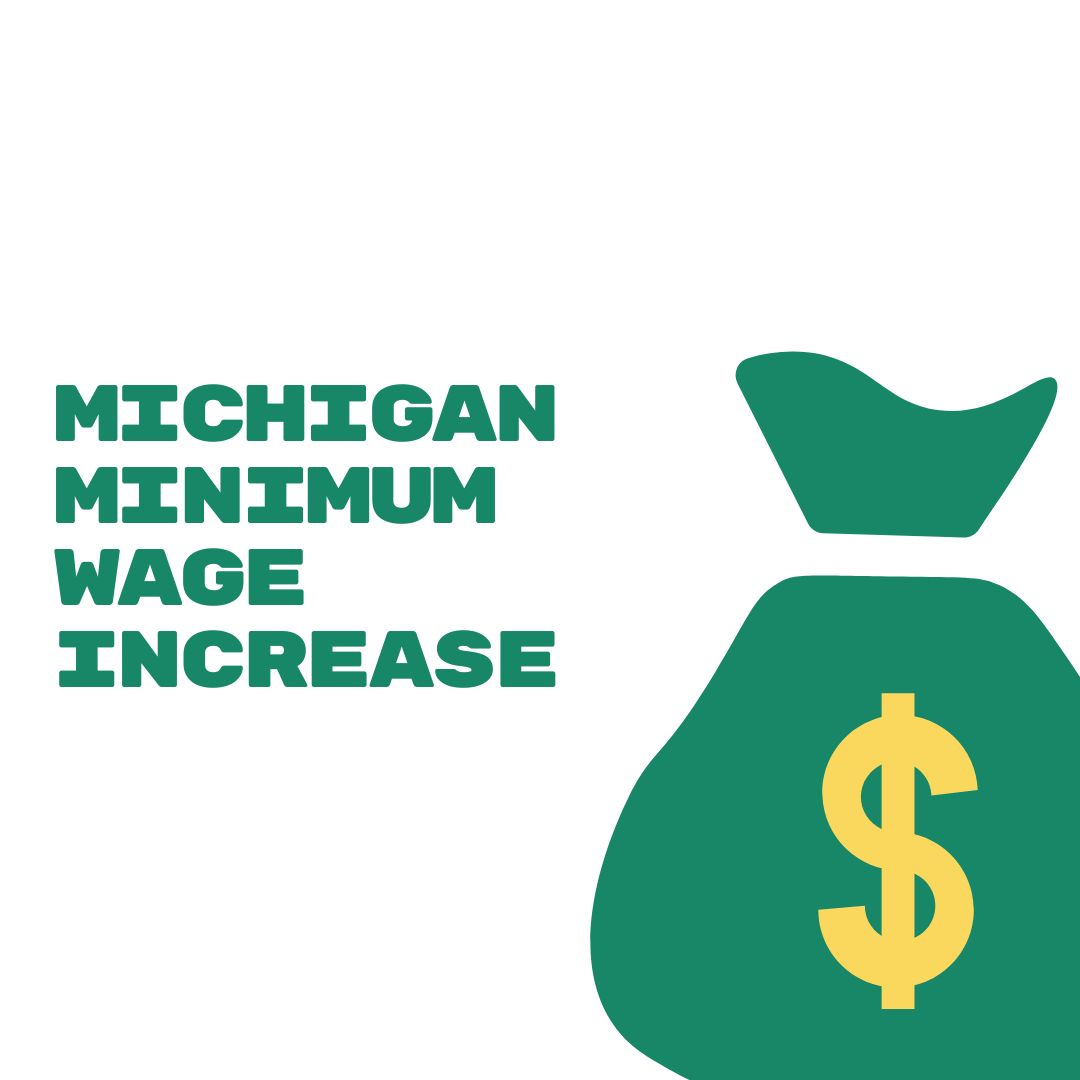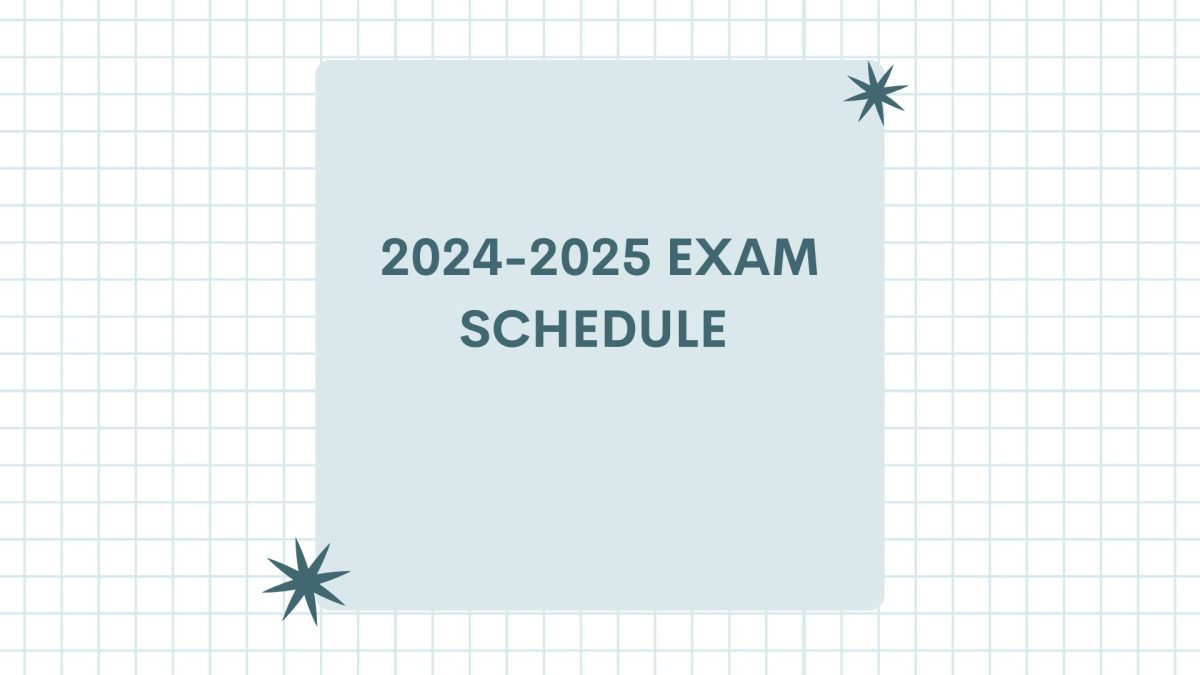Every penny counts. Minimum wage, both state and federal, is always a topic of discussion in economics and business. On Jan. 1, the Michigan minimum wage will rise from $10.33 to $10.56 per hour. For tipped employees, the hourly rate will increase from $3.93 to $4.01 per hour. This change is in correspondence with the recent Michigan Supreme Court ruling—argued on Dec. 7, 2023 and decided on July 31, 2024—concerning the “Improved Workforce Opportunity Wage Act,” Public Act 337 enacted in 2018. This Act aims to provide higher wages and improve the overall workforce quality for employees in Michigan.
Minimum wage is enforced by the Michigan Department of Labor and Economic Opportunity. It applies to all adult workers over the age of 18 employed by a business with two or more employees. For minors, employees under the age of 18, the minimum wage will rise to $8.98 per hour—85 percent of the adult minimum wage.
In addition to the Jan. 1 increase, the Michigan minimum hourly wage is set to increase every February until 2028, rounding off at $14.97 per hour. Beyond 2028, the minimum wage will increase annually based on inflation.
Raising the minimum wage has both advantages and disadvantages. On one hand, a higher minimum wage will improve the standard of living for many as it provides “more appropriate income levels to handle the cost of living increases,” according to Investopedia.com. On the other, an increased minimum wage could possibly cause an increase in inflation. Higher labor costs may lead businesses to raise their product or service prices to maintain profitability.
Overall, an increased Michigan minimum wage is expected stimulate the economy and promote healthy growth for Michigan businesses and companies.













